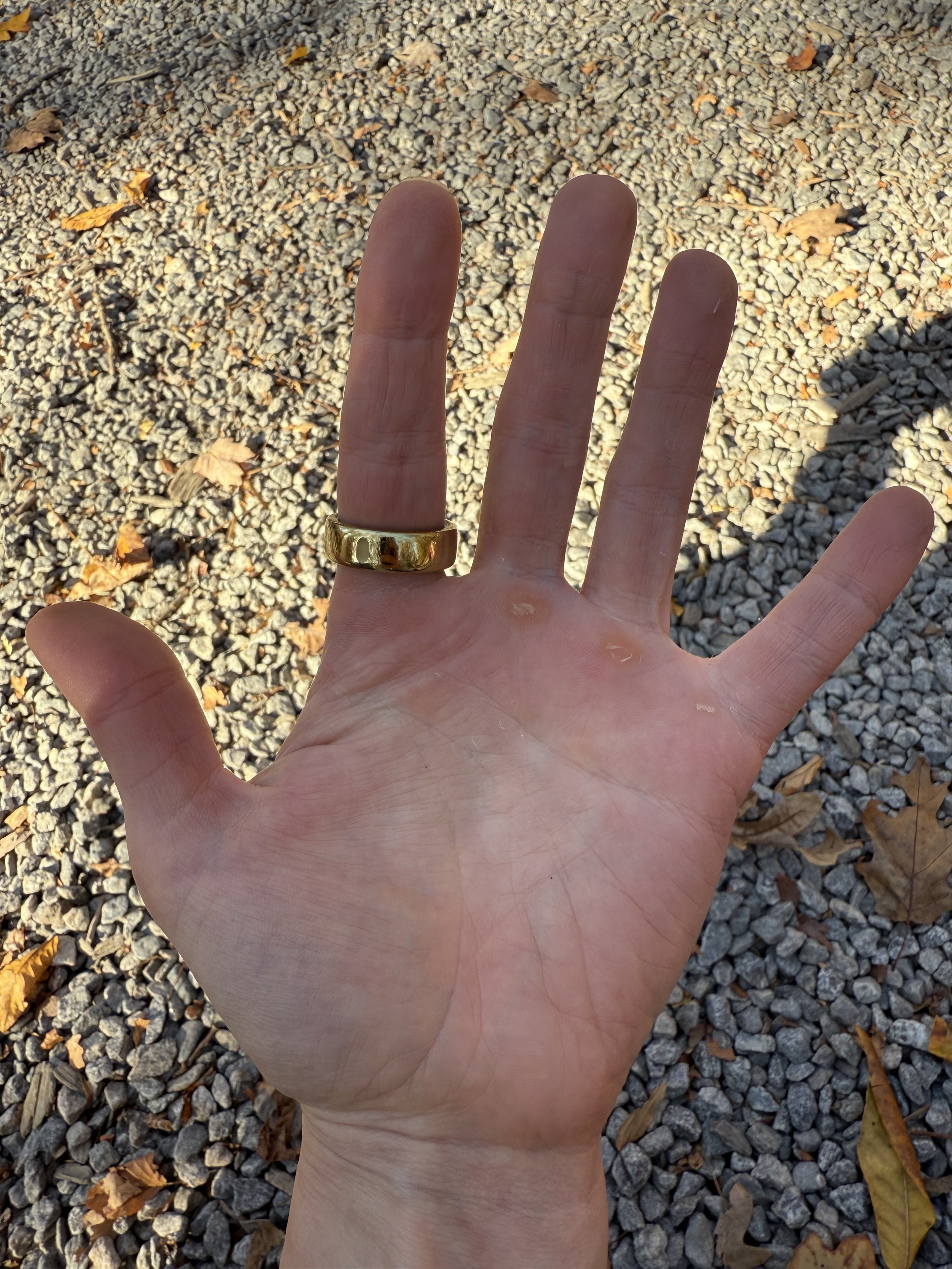Train for Longevity: Strength + Flexibility + Focus = Mobility
Strength + Flexibility + Focus = Mobility
This is my new religion.
Why do we exercise? There are so many reasons, but perhaps the most important is that we’re literally training for the last decade of our lives when we want to be living an independent, high-quality existence, without depending on others.
On election day this year, I took my kids to The Adventure Park in Bridgeport to do their ropes course. It was a nice distraction from current events and very quickly got me centered and focused in the present moment. Nothing like being suspended in a harness up in the air with crucial tasks at hand to clarify the thoughts.
Many of the movements I practiced in my weight training and in yoga came in handy, and those movements got me back to the idea that for us to be mobile, ie independent, in our elder years we need to be flexible, strong, and focused now.
You may have thought about flexibility and strength, but have you thought about the impact of focus?
Distractibility is a killer to neuromuscular recruitment during exercise and prevents the proprioception (our ability to sense the external environment) and interoception (how things are feeling on the inside) we need to stay involved in the movement. If you are just going through the motions – not thinking about what muscles you’re recruiting during a specific type of squat or how your breath quickens when under stress, or the amazing internal sense of accomplishment after doing something hard – you’re missing out on the full experience of exercise.
As I swung around to platforms and walked on cables suspended in the air, I had some very clear thoughts about why we need to train like ninjas for our lives. Here are the big takeaways.
1) Work on Grip Strength: a marker for cardiovascular endurance
Ever notice how older people’s hands look skinny, and their thumb (ie thenar) muscles look really small? Grip strength is not just about opening difficult jars or grabbing onto ropes course cables to prevent falling. It’s about being able to catch yourself if you trip, or opening doors for yourself, and overall life dexterity. Stronger grip strength has been linked to improved heart health, as it may reflect better muscle mass, circulation, and autonomic function, all of which contribute to cardiovascular well-being. When doing resistance training, pick up awkward things and change the size of the weight you’re gripping. If your hand muscles start to ache in a workout or you notice calluses on your hands, good job - you’re building grip strength!
2) Keep your Movements Functional: train like a ninja for your life
Why do we do specific types of movements in resistance training? Hinging from the hips, squatting low, lunges, pushing and pulling exercises with our upper bodies are functional movements meaning they mimic real-life activities, improving the body's ability to perform everyday tasks with ease and efficiency. By focusing on multi-joint, compound movements, functional training enhances overall stability, mobility, coordination, and focus, reducing the risk of injury both in and out of the gym. Ultimately, we need to train like ninjas for our lives.
3) Get on the Floor: your next move is down, not up
Something happens from childhood to older adulthood where we stop sitting on the floor. Being able to get off the floor unassisted as we age is a crucial indicator of functional strength and mobility, reflecting overall independence and quality of life. If you fall in the middle of a room, you want to be able to get yourself vertical again without assistance from furniture. Regular strength training and balance exercises can help maintain the necessary muscle power and coordination to perform floor to stand essential movement safely, reducing the risk of falls and promoting longevity.
This blog and website do not provide medical advice. It is intended for general informational purposes only and does not address individual circumstances. It is not a substitute for professional medical advice, diagnosis or treatment and should not be relied on to make decisions about your health. Always check with your own healthcare provider before taking a new supplement and before making any significant diet, lifestyle, exercise or other changes. Never ignore professional medical advice in seeking treatment because of something you have read on this site. If you think you may have a medical emergency, immediately call your doctor or dial 911.



